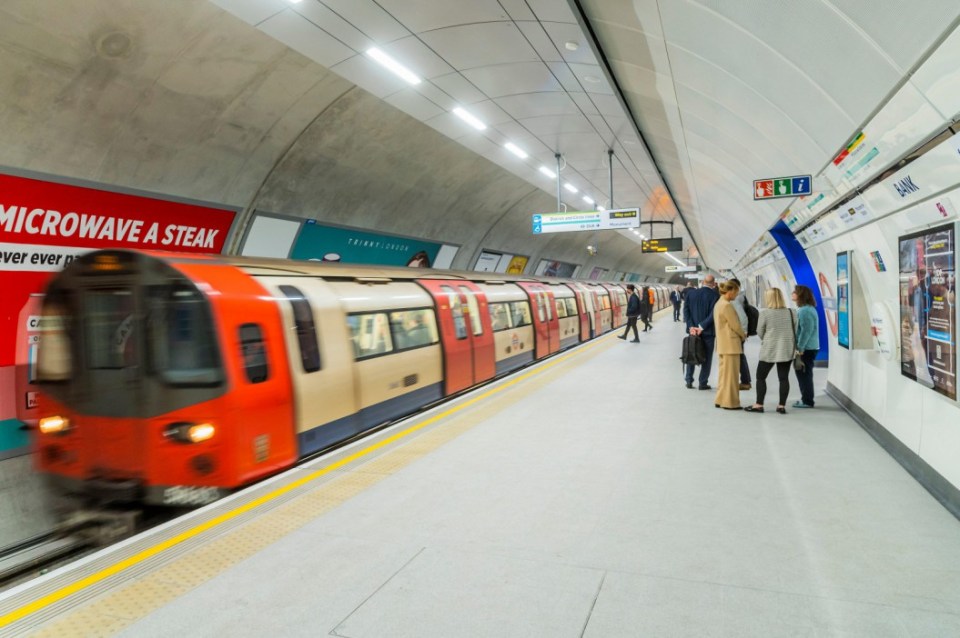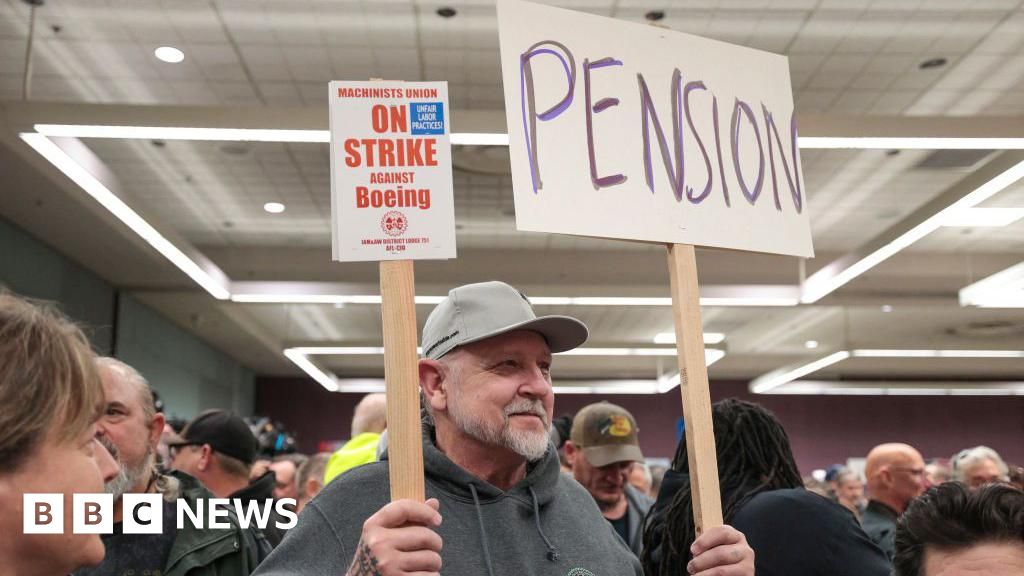In today’s changing finance industry, technical skills such as data analysis and financial modelling are no longer the only things you need if you want to advance. Now that we see society changing through advancing technologies and client connections, soft skills are becoming more and more important. While you still need to get all the technical know-how for success through a dedicated course like an accelerated online MBA program, you might need to work on your soft skills in your own time. This article will provide an overview of some of the most important soft skills for someone working in finance to develop.
Understanding Soft Skills in Finance
What are soft skills? These are qualities that are outside of technical ability and are closely linked to people skills or interpersonal skills. In finance, these attributes complement knowledge by enabling professionals to articulate ideas, collaborate with colleagues efficiently, and adapt to situations. They encompass traits such as communication, teamwork, adaptability, and even resilience.
When we talk about finance, there is a strong need to develop soft skills in different roles, especially when working with customers or clients. If someone is an investment advisor, they are analyzing trends and conveying intricate concepts in simple ways. Additionally, financial analysts would usually work within teams and different departments to leverage teamwork as a skill to complete objectives.
Communication Skills
Communication is a cornerstone for any finance professional, and effective communication influences everything from engaging with clients to collaborating within teams to writing reports. It doesn’t matter what form of communication or what level of communication in the hierarchy is being used; having these skills honed will make all the difference.
If you want to work on your communication skills, the first thing to focus on would be practising listening. This means when other people speak, you must truly listen, grasp their message, and respond thoughtfully. It’s especially important to understand this skill when you work in finance because you’ll usually be communicating with those who don’t have a financial background. Being able to simplify and communicate complex information effectively will ensure that the client is equipped to make the right decisions for them.
You also shouldn’t forget that it is beneficial to refine your written communication abilities as communicating through email and other written formats is also just as important. When working in finance, email and documentation play a role in reports and proposals. Being clear and concise in your writing helps clients and coworkers comprehend information, and should simplify these details so that the reader can easily grasp the important points.
Analytical Thinking
Analytical thinking serves as the foundation for decision-making in all industries but is especially vital in finance because you will need to analyze findings, spot trends, and tackle problems effectively. Analytical individuals carefully consider factors before coming to conclusions that enable them to manage risks and maximize profits.
If you want to work on your analytical skills, start by working on multiple sets of data during your work day. Use tools or financial software to analyze and come to your own conclusions. This type of consistent practice will help you develop attention to detail and enhance your decision-making skills. When it is time to tackle problems, ensure that you break them into parts, and evaluate their interconnections, and you will likely come to the best conclusions.
Adaptability and Resilience
In the realm of finance, there are constant changes and fluctuations in the market that can range from regulation updates to technological advancements. This means that it is truly an industry where the adaptable survive because it is no simple task to take on multiple fluctuations over time. It is these individuals who can swiftly pivot when needed who will flourish in this environment and rise to the top.
To improve and cultivate adaptability, you could start by analyzing the media landscape, subscribing to news sources or participating in professional communities. This proactive stance equips you for change and enables you to adjust strategies. It’s also important to set up your daily work in a way that is easy to shift or change depending on circumstances.
Another important factor in all industries is resilience, and this entails bouncing back from setbacks so you can keep moving forward. The finance sector can be demanding, with deadlines and high stakes, so developing ways to cope with stress, like practising mindfulness, seeking support or having rest periods can help.
Teamwork and Leadership
While many industries require teamwork, it can be rather pronounced in the world of finance, where working together is key. This collaboration is crucial for achieving goals, whether you’re involved in a merger, creating budgets, or performing audits in a group. It not only boosts productivity but can also help fuel innovation in the finance sector as many minds work together for better outcomes.
If you want to improve your teamwork skills, you should participate in group projects where you can practice cooperation and communication. Understanding your role in a team and appreciating each member’s input is vital for long-term sustainability. Ensure you’re honest about your weaknesses and work together to fill in the gaps and help one another succeed.
In today’s dynamic finance industry, soft skills are just as crucial as industry expertise. It is skills such as communication and teamwork that are essential for overcoming challenges and making an impact. These skills are beneficial for life, but if you work in finance, or are hoping to, they’ll likely benefit your career too. Find opportunities to learn and develop your soft skills wherever you can, and you’ll be helping set yourself up for success in the long run.

































































































































































You must be logged in to post a comment Login